IUJ held a symposium at TICAD7 Official Side Event on August 27th
The International University of Japan (IUJ) has participated in the Seventh Tokyo International Conference on African Development (TICAD7) Official Side Event which was held in Yokohama on August 27th to 30th. At TICAD, international stakeholders, as well as Asian and African nations, can get together at this global and multilateral forum and promote Africa’s development. On Tuesday, August 27th, IUJ held a symposium where the panellists discussed the development of future leaders for African countries based on their experiences.
Opening the symposium, Professor Itami, IUJ President introduced the new program, Japan-Global Development program (JGDP), which was initiated last year. The aim of JGDP is to educate future leaders from all over the world about the Japanese experience of development which differs from the development found in the West. On JGDP, international students can learn about the logic and lessons in development from Japanese experiences and acquire knowledge and skills to develop strategies for their home countries. For Japanese students, they can develop the ability to explain the logic of Japanese development in English and then convey that to the world.
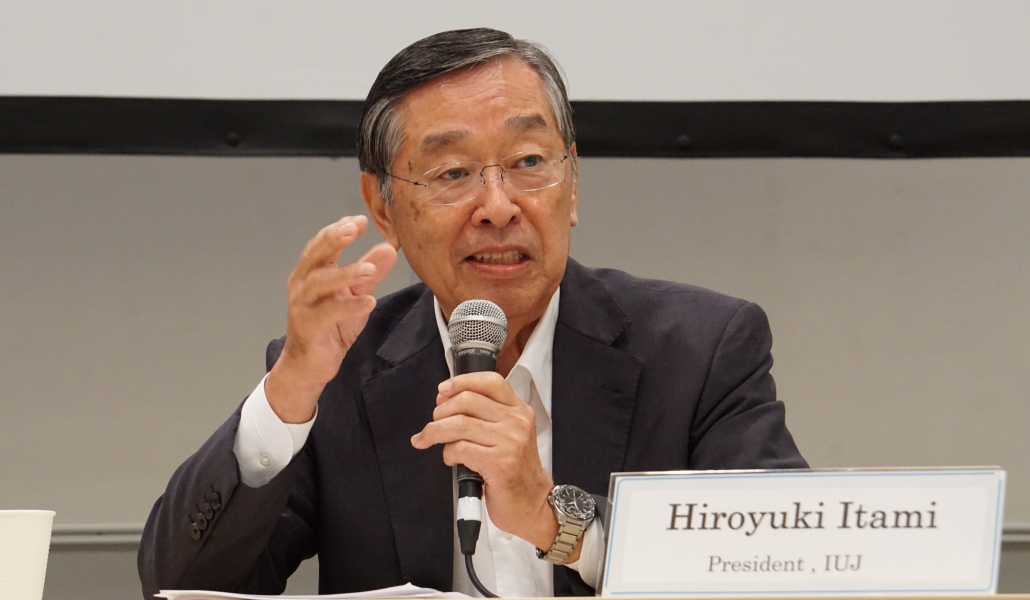
It was followed by Professor Yamaguchi giving his insight into the historical experience of Japanese development which focused on the intellectual background of Japanese in 19th century when it became a modern nation state.
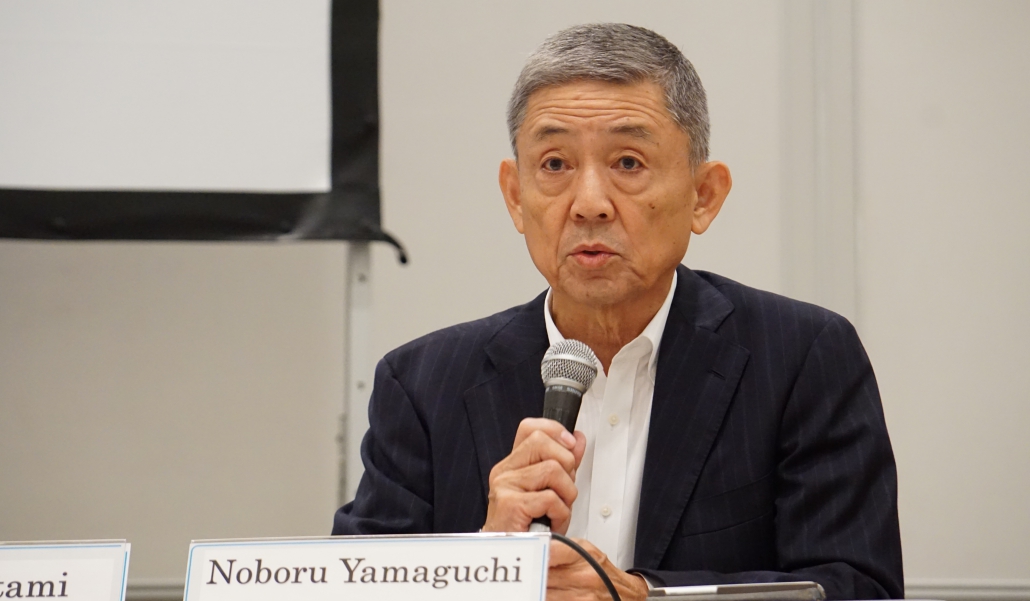
Mr. Matsuyama, the previous ambassador to Botswana mentioned that the private sector has now played an important part in future development in Africa. He added that Africa has huge potential with natural resources and operation is expanding as well as a clear vision for the future. Capacity building plays a crucial role for the implementation of Agenda 2063. He believes IUJ will continue capacity building for Africa countries through TICAD process.
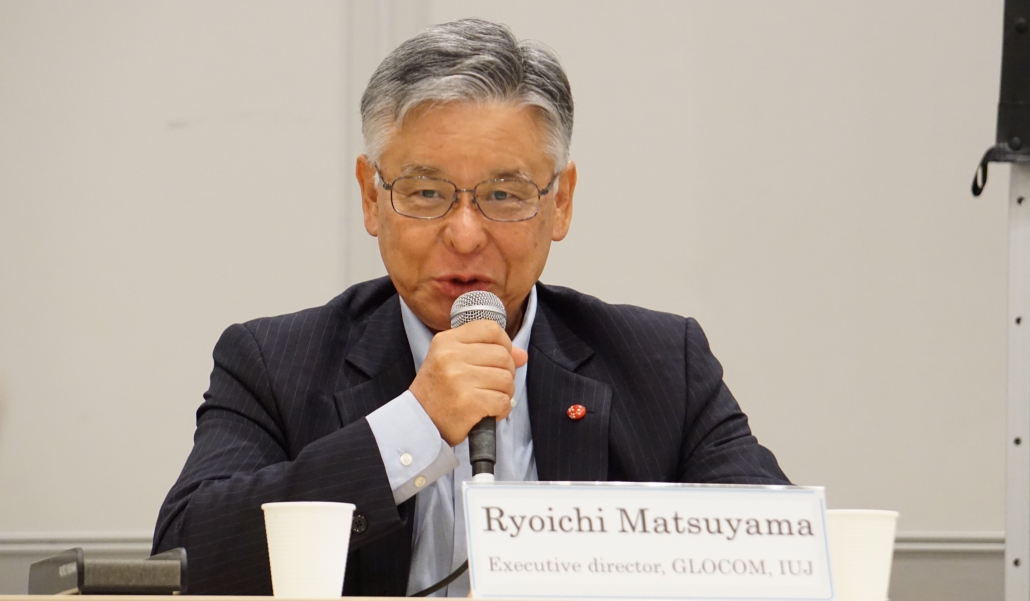
The final panel member, Mr. Mohammedahmed, an IUJ MBA graduate, talked about his own experience of studying some courses from JGDP. The program provided the opportunity to study and learn from Japanese experience of development. He mentioned that they were able to learn the movement of changes in detail from specific industries. In another course, he noted, they were able to learn about the roots of Japanese management style and to learn about the key elements of the success of the Japanese economic. He remarked that building human capital capacity will be a key element for future development in Africa.
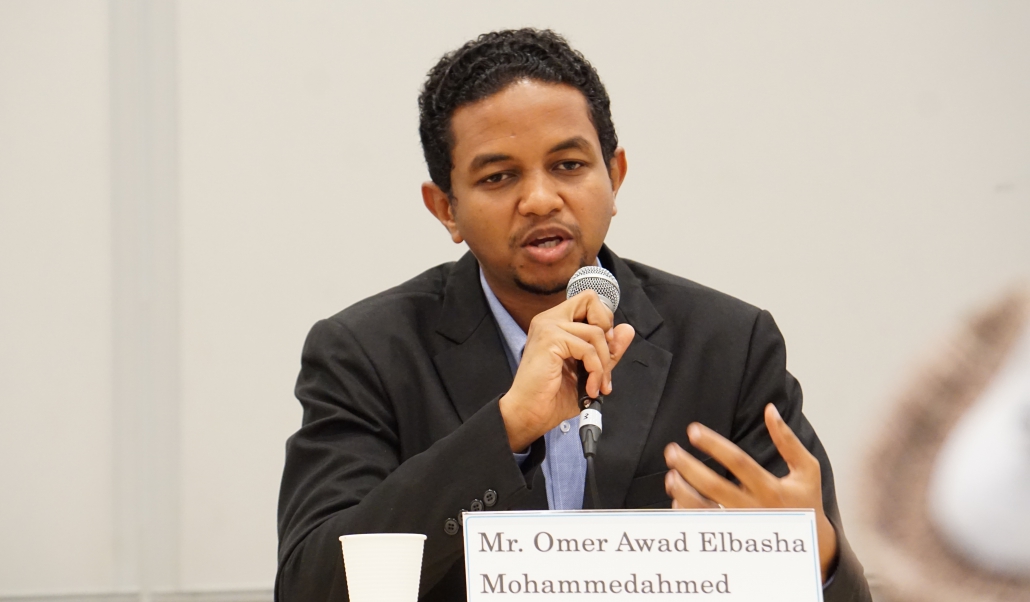
The key questions discussed in the symposium were the lessons drawn from the Japanese experiences, the differences of this program from western development studies and how it can help the future development in Africa. The panellists shared their thoughts of using the lessons learnt from the Japanese experience and the successful cases in other Asian countries and how it can apply to African nations. It was agreed that when these principles and concepts are applied in Africa, there should be some adjustment depending on the situation and environment. It’s also crucial that the both parties should work together and carry out the plan step by step. Furthermore, finding the opportunity to engage and have conversations with counterparts is important for the future development.
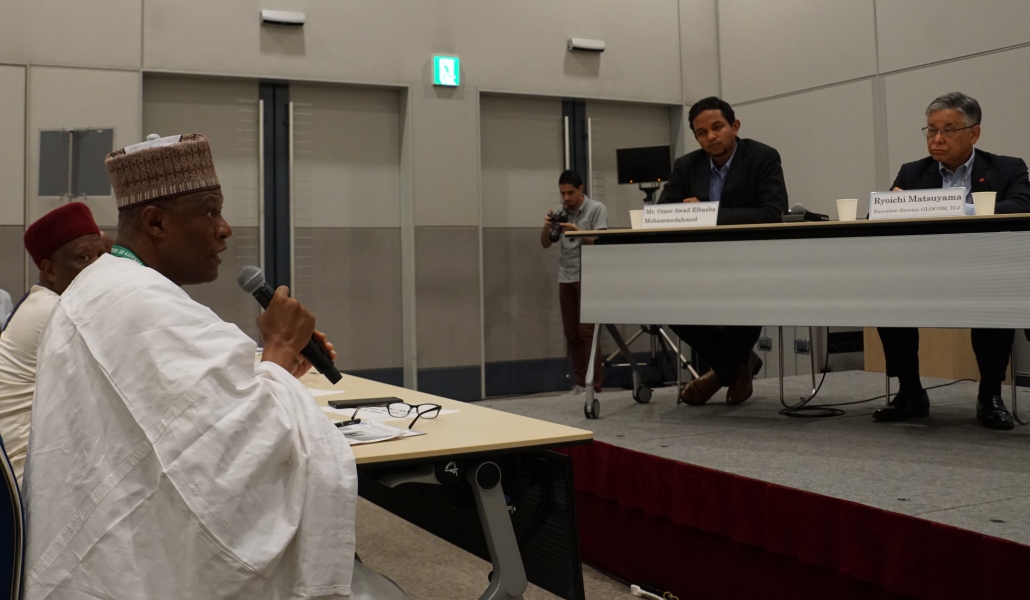
Professor Yamaguchi concluded the symposium by noting that we are hoping to have more similar conversations and intellectual exchanges between the African and Japanese students at IUJ.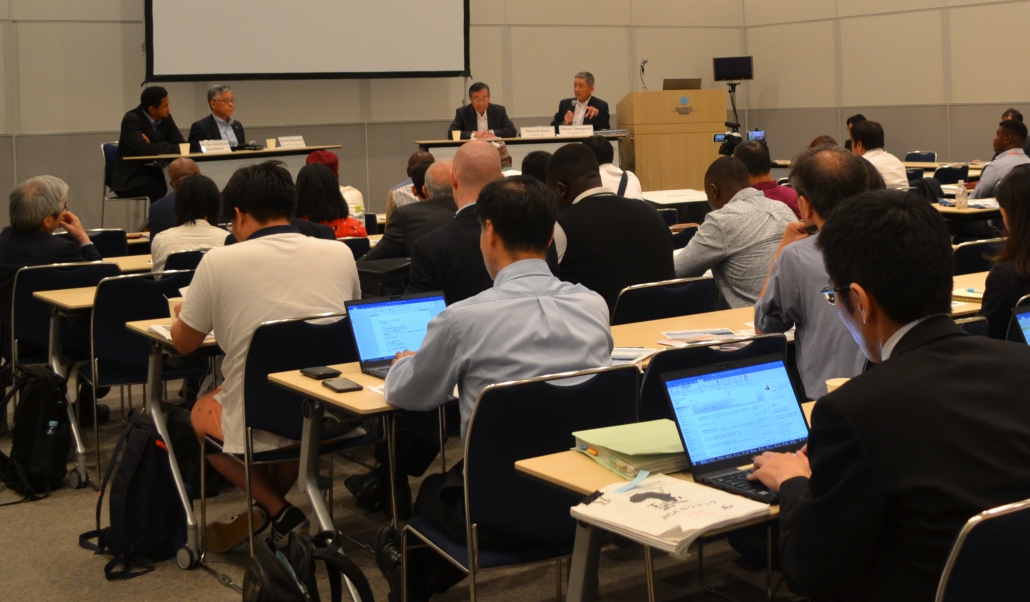
Thank you very much to all who attended our symposium.
=====
Public Relations
Office of Admissions and Career Support
media@iuj.ac.jp
=====


